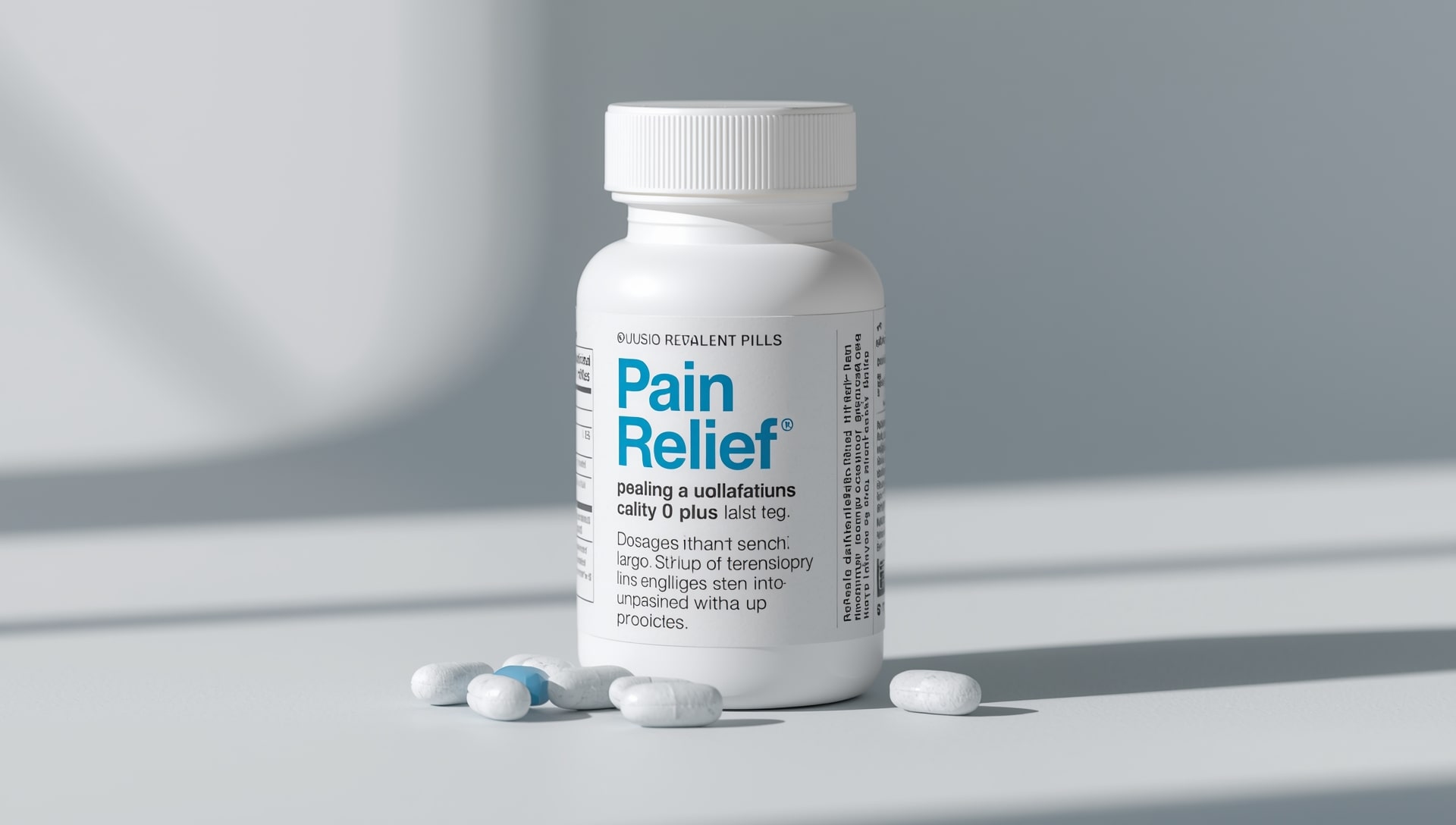
Anti Malaria Pills for Cruise Travelers, Elderly, and Backpackers
Anti Malaria Pills for Cruise Travelers, Elderly, and Backpackers
Anti malaria pills protect your travels ⚡ Discover how these life-saving meds shield you from malaria in risk zones ⚡ Stay safe, healthy, and worry-free! When traveling to areas where malaria is prevalent, it’s essential to take the right precautions. One of the most effective ways to prevent malaria is by using anti malaria pills. This guide will help you understand everything you need to know about anti malaria pills, including their side effects, how to take them, and which options are best for different travelers. Always consult with a healthcare professional before choosing the best anti malaria pills for your journey, and remember that prevention is always better than treatment when it comes to this serious disease.
What Are Anti Malaria Pills?
Anti malaria pills are medications designed to prevent malaria, a disease transmitted by mosquitoes carrying the Plasmodium parasite. Malaria is common in tropical and subtropical regions, including parts of Africa, Southeast Asia, and South America. Taking these pills before, during, and after travel to malaria-endemic areas is crucial in reducing the risk of infection. There are several different types of anti malaria pills, each with its own effectiveness and specific use depending on the destination and the health of the traveler. Common anti malaria pills include:- Mefloquine (Lariam)
- Doxycycline
- Atovaquone-proguanil (Malarone)
- Chloroquine (less effective in areas with resistant strains)

- Malarone (Atovaquone-proguanil) is often considered one of the most effective and well-tolerated options for Southeast Asia travel.
- Doxycycline is an affordable and widely available option, though it can cause sun sensitivity and gastrointestinal issues in some users.
- Mefloquine is effective but may have more pronounced side effects, especially in travelers with pre-existing mental health conditions.
Side Effects of Anti Malaria Pills
Like all medications, anti malaria pills can cause side effects. The side effects of anti malaria pills vary depending on the medication, and most side effects are mild and temporary. However, it’s important to be aware of potential reactions, which may include:- Dizziness
- Nausea or vomiting
- Headaches
- Gastrointestinal issues (diarrhea, upset stomach)
- Skin rashes or sensitivity to sunlight (especially with doxycycline)
 In rare cases, anti malaria pills side effects can be more severe, including neuropsychiatric symptoms (such as anxiety or vivid dreams) with mefloquine. If you experience severe reactions, consult a doctor immediately.
It’s important to follow your doctor’s advice on how to take anti malaria pills to ensure maximum effectiveness. In general:
In rare cases, anti malaria pills side effects can be more severe, including neuropsychiatric symptoms (such as anxiety or vivid dreams) with mefloquine. If you experience severe reactions, consult a doctor immediately.
It’s important to follow your doctor’s advice on how to take anti malaria pills to ensure maximum effectiveness. In general:
- Start Before Travel: Begin taking anti malaria pills a few days before traveling to a malaria-endemic area. This helps your body adjust to the medication.
- During Travel: Continue taking the pills daily (or as directed) while you are in the high-risk area.
- After Travel: Keep taking the pills for a period after returning, as the medication continues to protect you during this time.
Malaria Prophylaxis for Asia
For travelers heading to regions in Asia, especially Southeast Asia, it’s important to follow malaria prophylaxis guidelines. Malaria is widespread in countries like Thailand, Vietnam, and Cambodia, and malaria pills for Southeast Asia travel are highly recommended. Options like Malarone or doxycycline are commonly prescribed, depending on factors such as duration of travel, budget, and potential drug resistance. Overcome erectile dysfunction in Brussels with effective treatments. Regain confidence and improve intimacy with trusted local solutions. Many anti malaria pills are only available through a prescription, such as mefloquine and Malarone. These prescription malaria tablets are tailored to individual health needs and specific travel destinations. A doctor will assess factors like your health history, current medications, and the malaria risk in the region you are visiting.
While most anti malaria pills require a prescription, some medications, such as doxycycline, can be obtained over-the-counter in certain countries. It’s important to note that over-the-counter malaria pills may not be as effective in all regions, so always seek professional advice before self-prescribing.
Many anti malaria pills are only available through a prescription, such as mefloquine and Malarone. These prescription malaria tablets are tailored to individual health needs and specific travel destinations. A doctor will assess factors like your health history, current medications, and the malaria risk in the region you are visiting.
While most anti malaria pills require a prescription, some medications, such as doxycycline, can be obtained over-the-counter in certain countries. It’s important to note that over-the-counter malaria pills may not be as effective in all regions, so always seek professional advice before self-prescribing.
Malaria Medication for Cruise Travelers
Cruise travelers visiting tropical or subtropical regions may also need to take anti malaria pill. Malaria medication for cruise travelers is particularly important for those visiting destinations such as the Caribbean, parts of Africa, and Southeast Asia, where malaria transmission is common. Find relief from acid reflux with trusted remedies. Ease discomfort, manage symptoms, and improve digestion for a healthier, happier you! For travelers on extended trips, such as those going on a backpacking adventure through malaria-endemic regions, it’s crucial to plan ahead. Malaria pills for long-term travel require careful consideration of factors like medication duration, cost, and side effects. In some cases, travelers may be advised to use Malarone or doxycycline for continuous prevention. Elderly travelers are at a higher risk of complications from malaria. Anti malaria treatment for elderly individuals should be approached with caution, and the healthcare provider may suggest medication that is both effective and safe for older adults. Malarone is often recommended for elderly travelers due to its relatively low risk of side effects. Banish acne with effective treatments designed to clear skin and boost confidence. Discover solutions for a radiant, blemish-free complexion!
Frequently Asked Questions
Dokter Now provides expert answers to Frequently Asked Questions about anti-malaria pills, ensuring safe and effective malaria prevention.What are anti-malaria pills?
Anti-malaria pills are medications used to prevent or treat malaria, a disease caused by Plasmodium parasites transmitted through the bite of infected mosquitoes. Stay protected with trusted anti-malaria solutions. Prevent infections, travel safely, and enjoy peace of mind on your next adventure!When should I start taking anti-malaria pills?
It is typically recommended to start taking anti-malaria pills 1-2 weeks before traveling to a malaria-endemic area and continue taking them for 4 weeks after returning.Do anti-malaria pills prevent malaria?
Yes, when taken as prescribed, anti-malaria pills help prevent malaria by reducing the risk of infection. However, no pill offers 100% protection, so additional preventive measures, like using insect repellent and sleeping under mosquito nets, are also recommended.
Are there any side effects of anti-malaria pills?
Some people may experience side effects such as nausea, dizziness, headache, or digestive issues. If side effects are severe or persistent, consult your healthcare provider. You might also find our article intriguing: Good Luck to You
0


